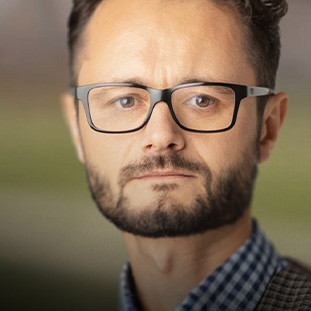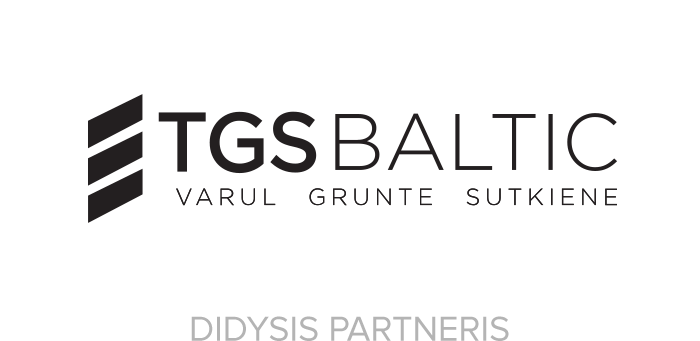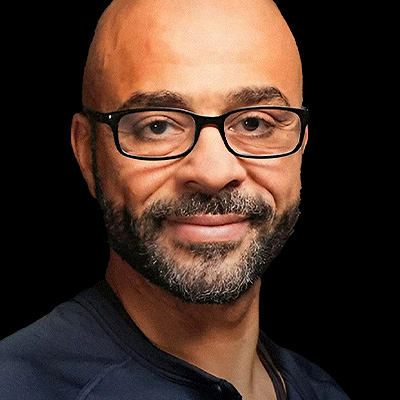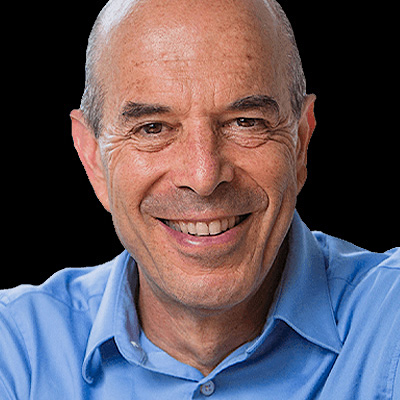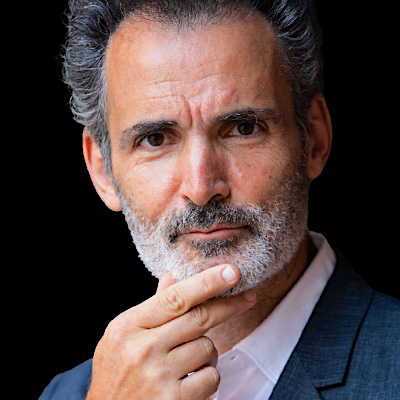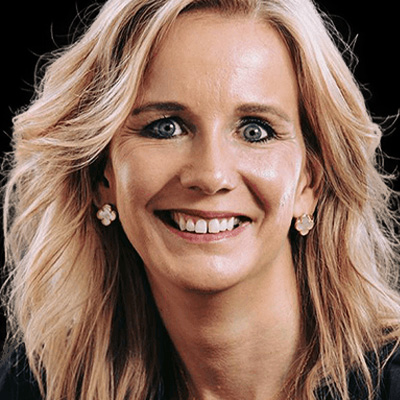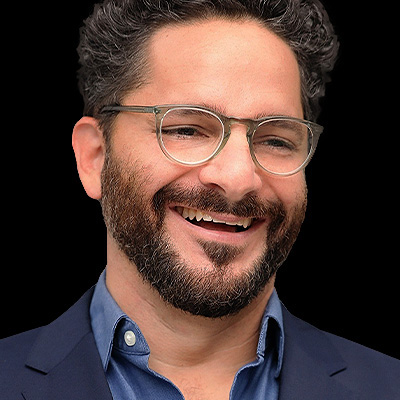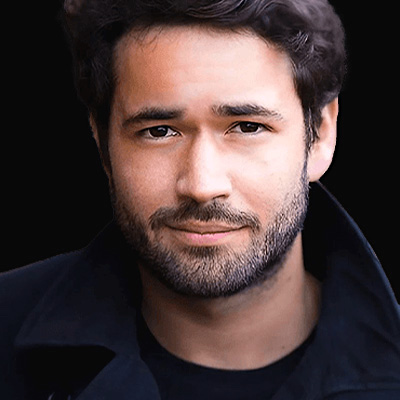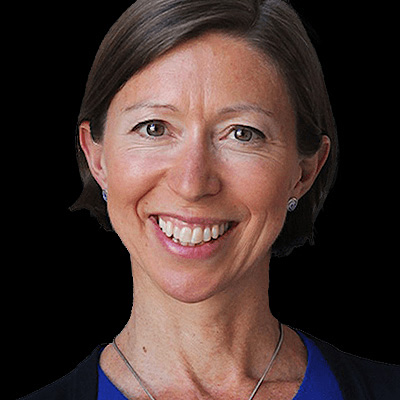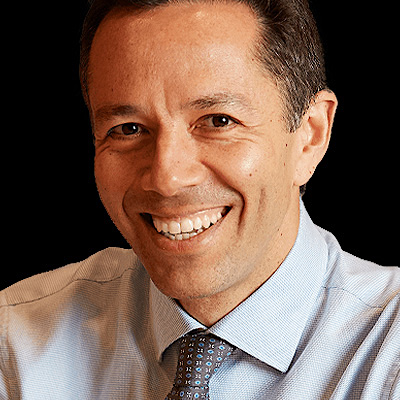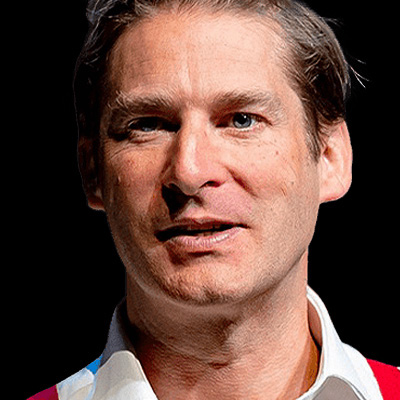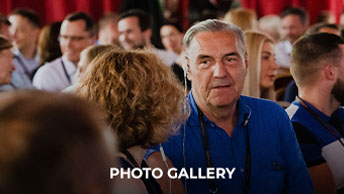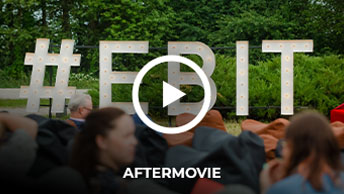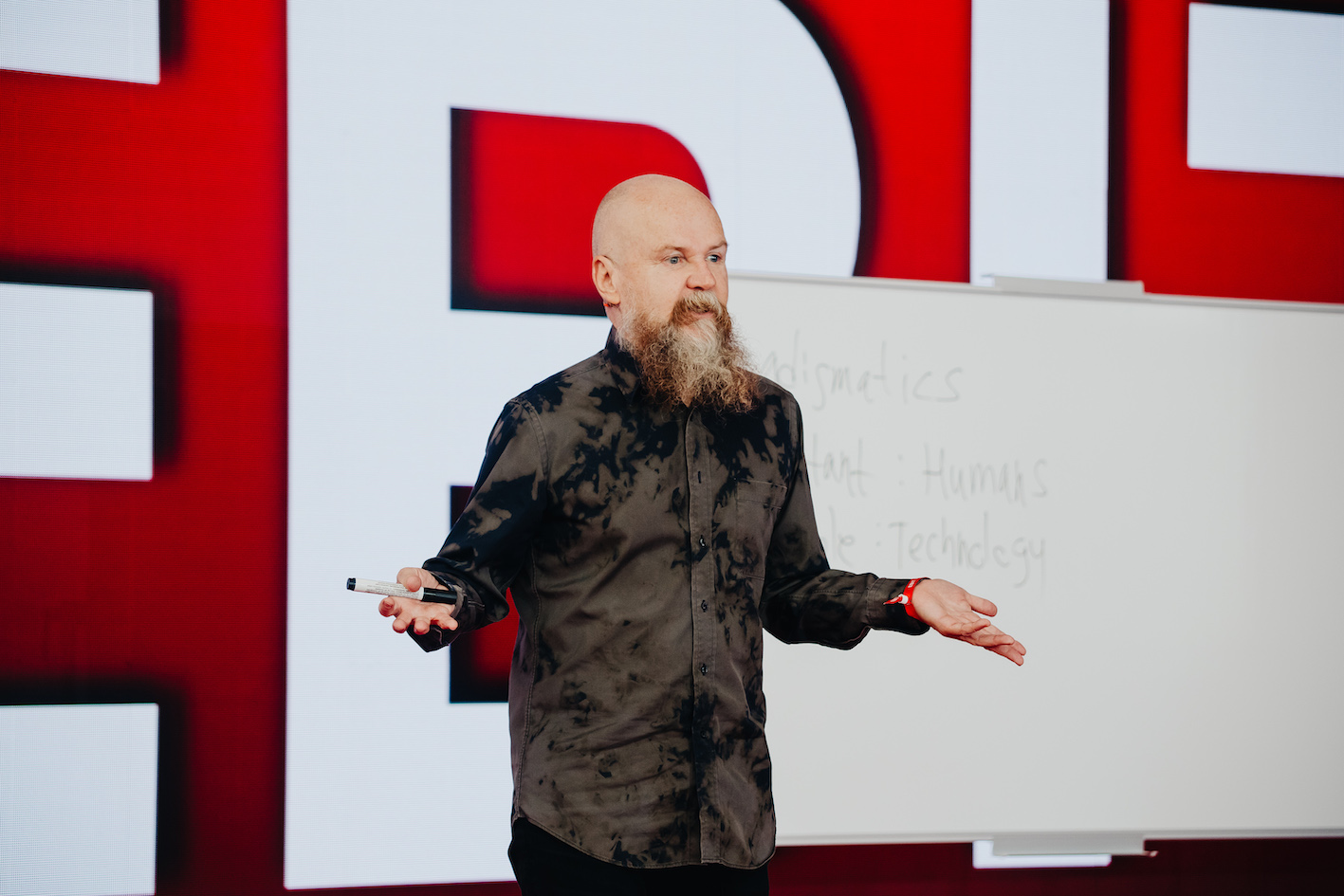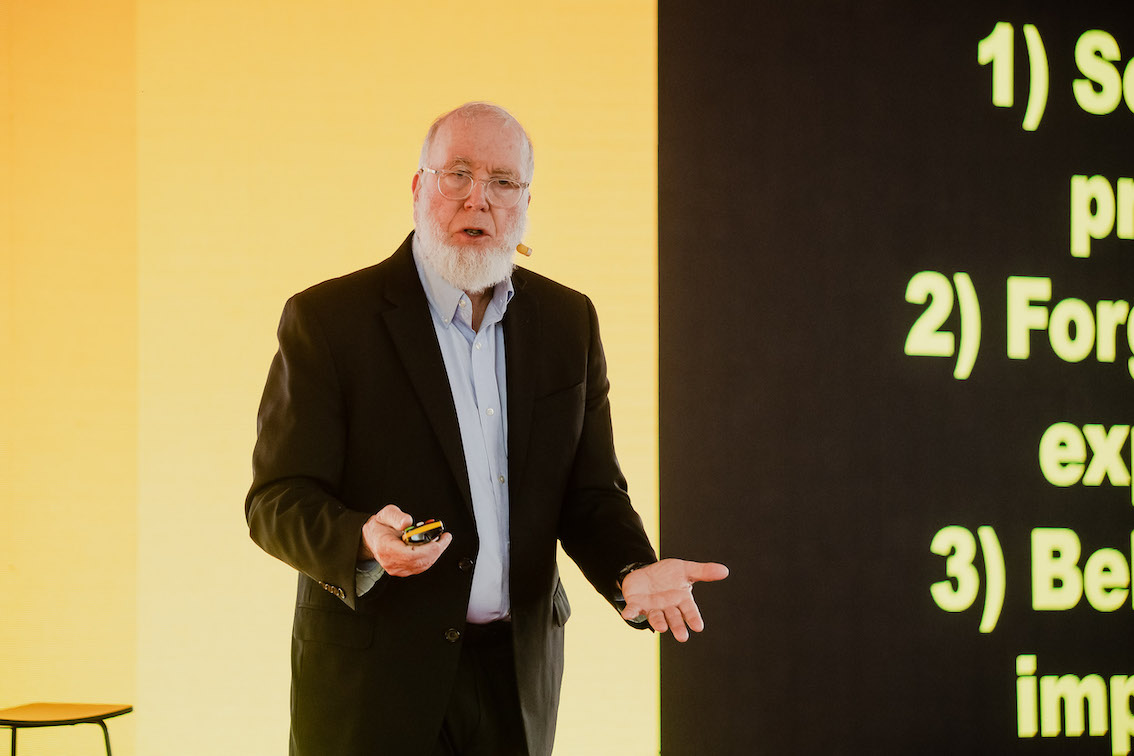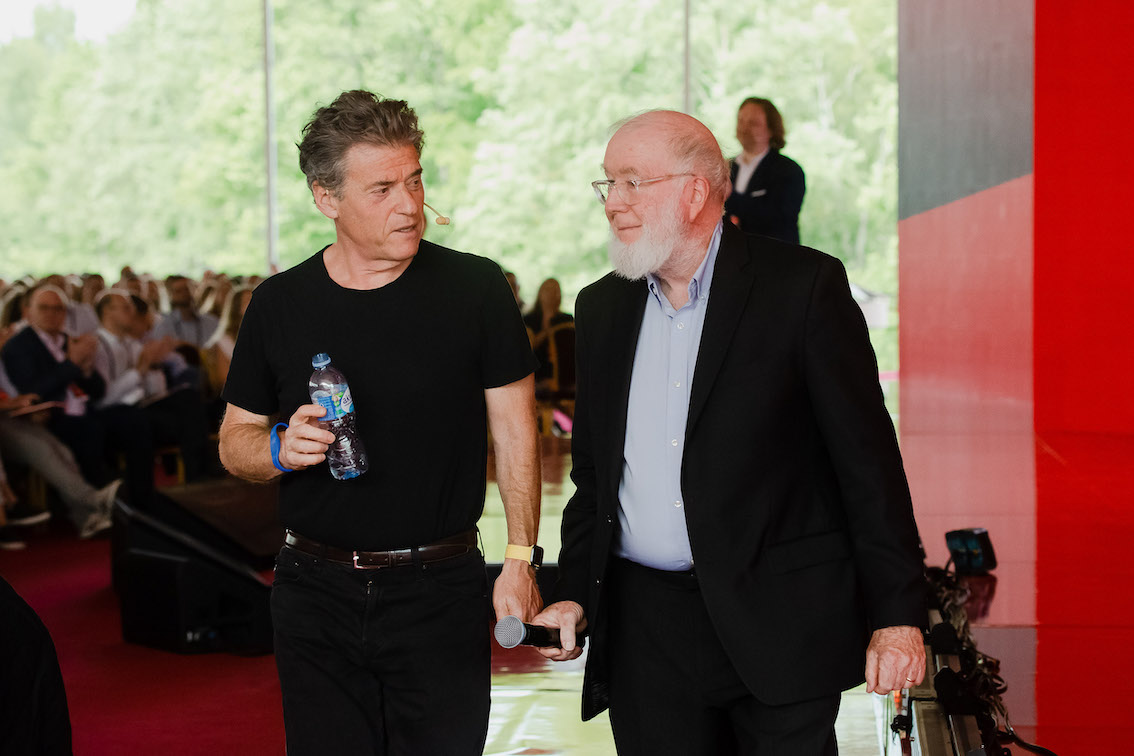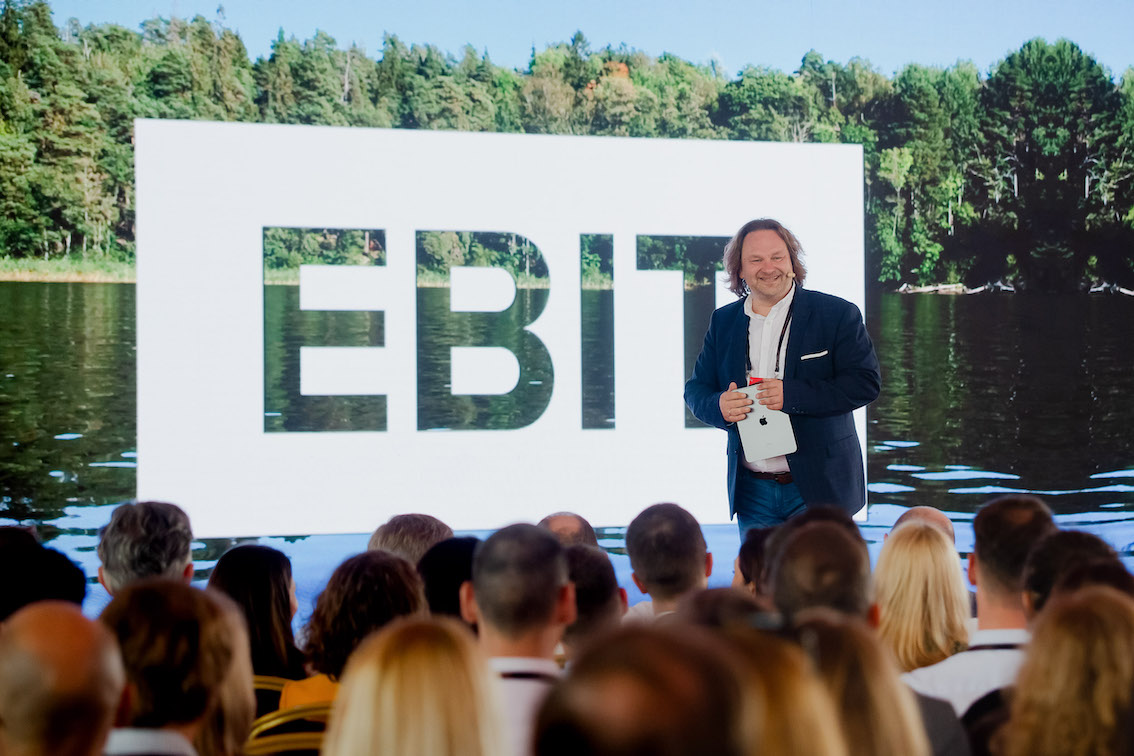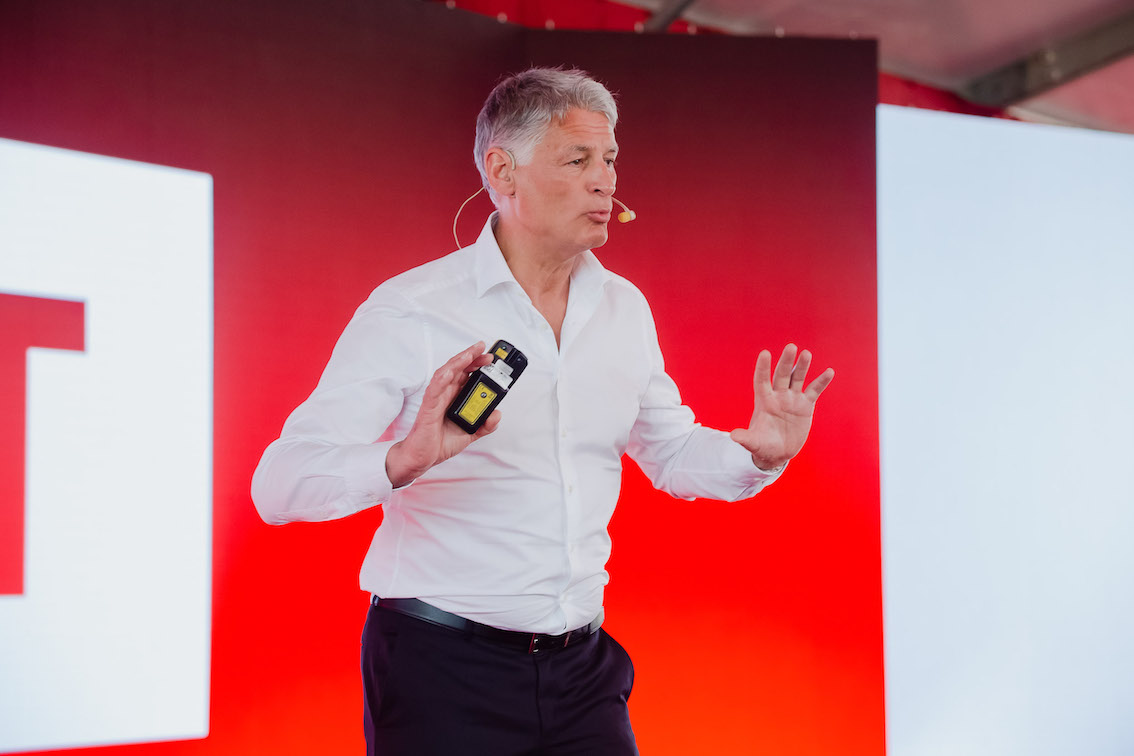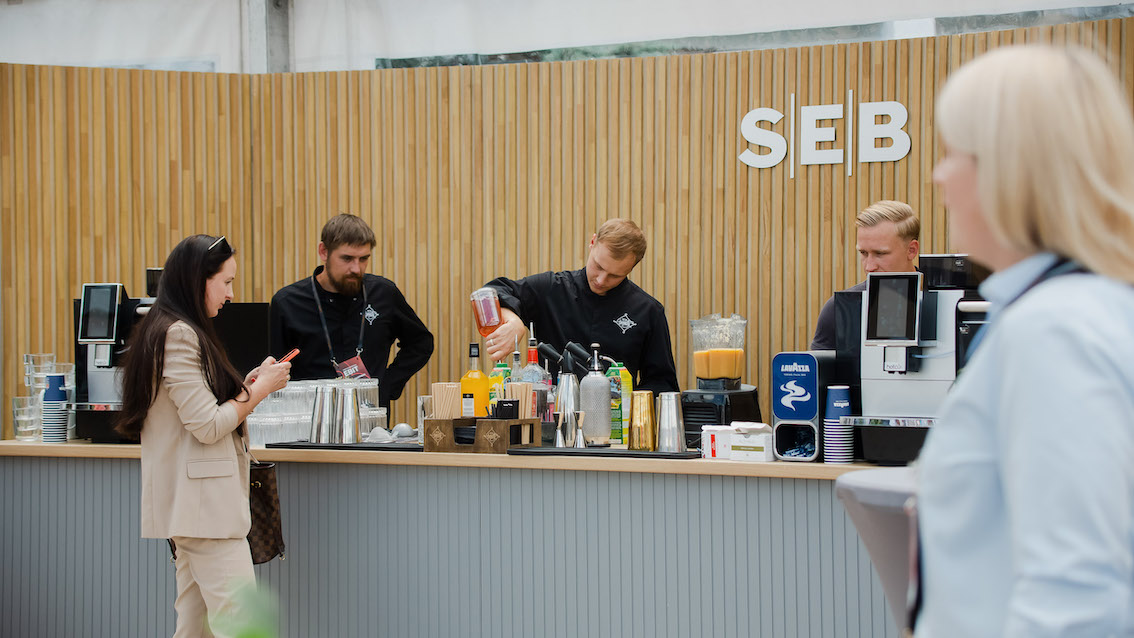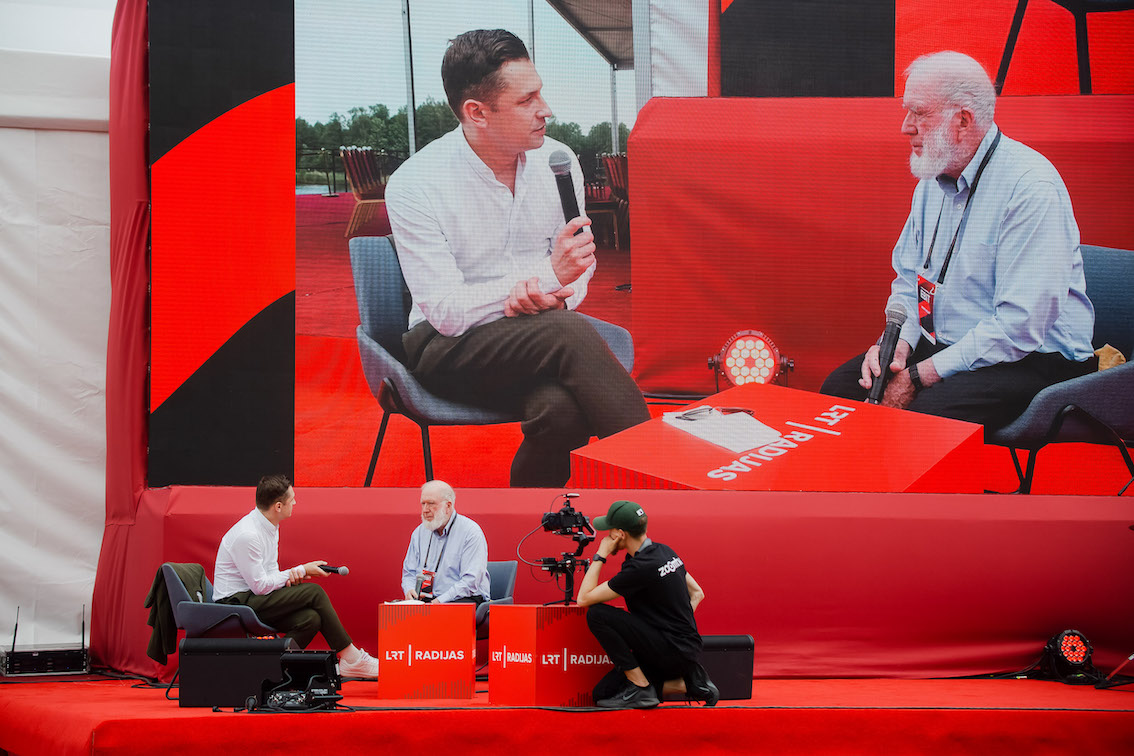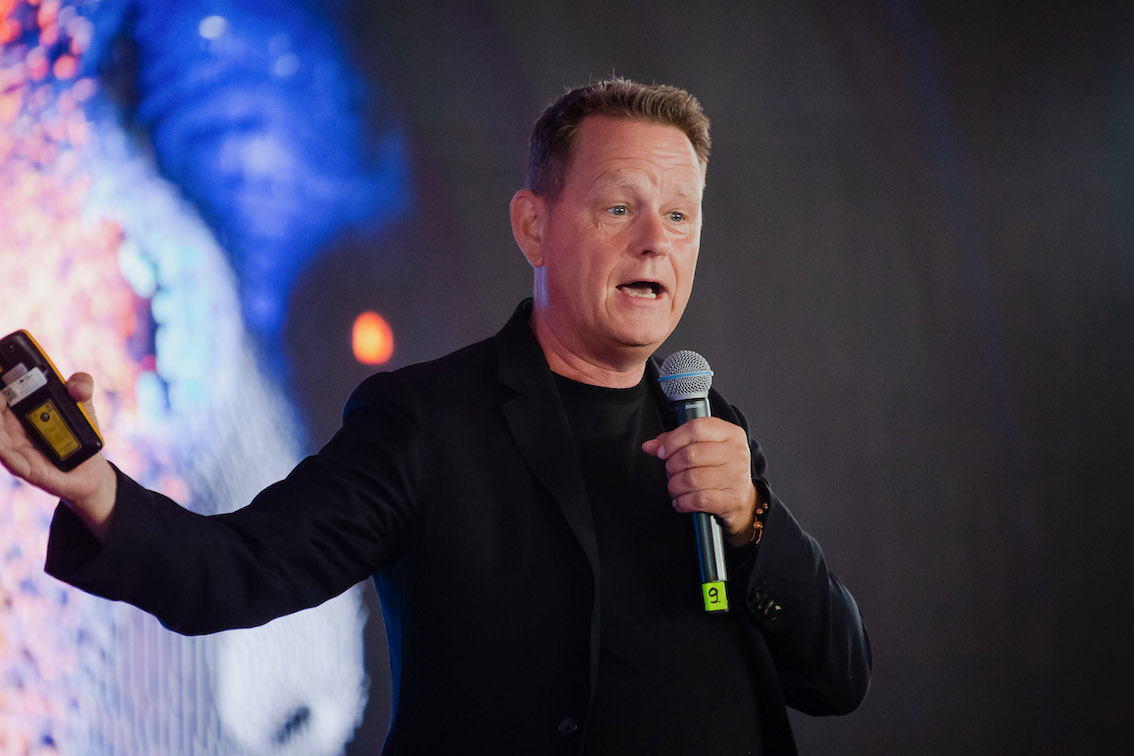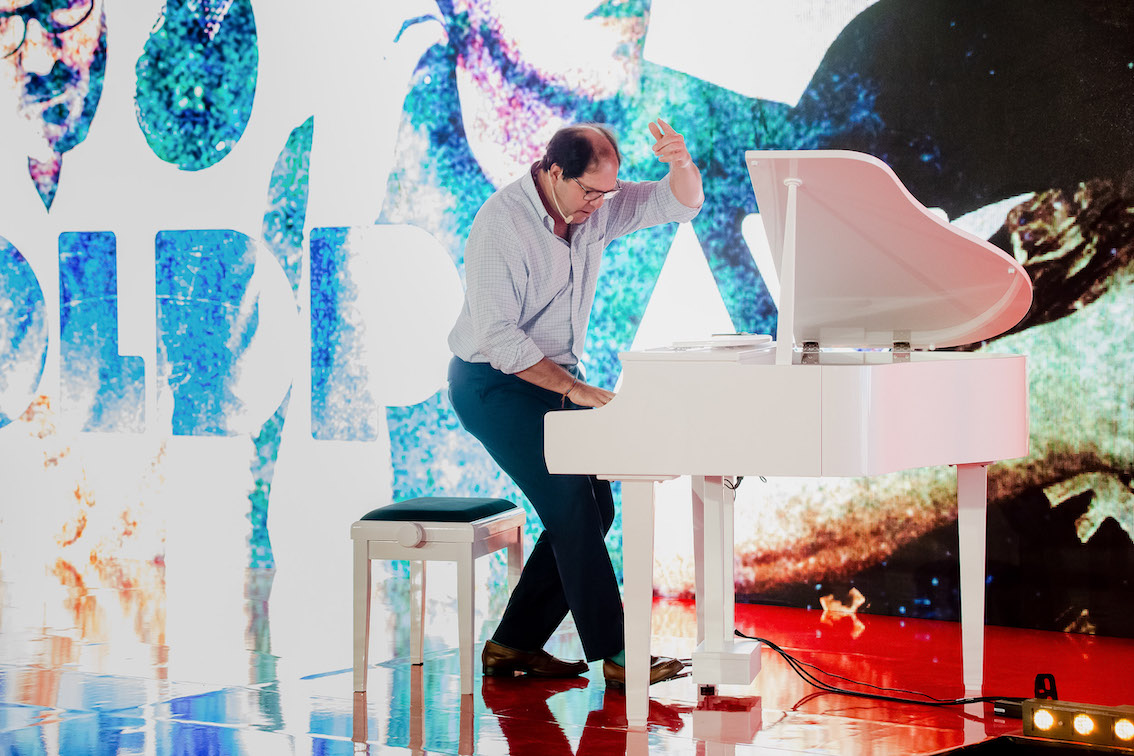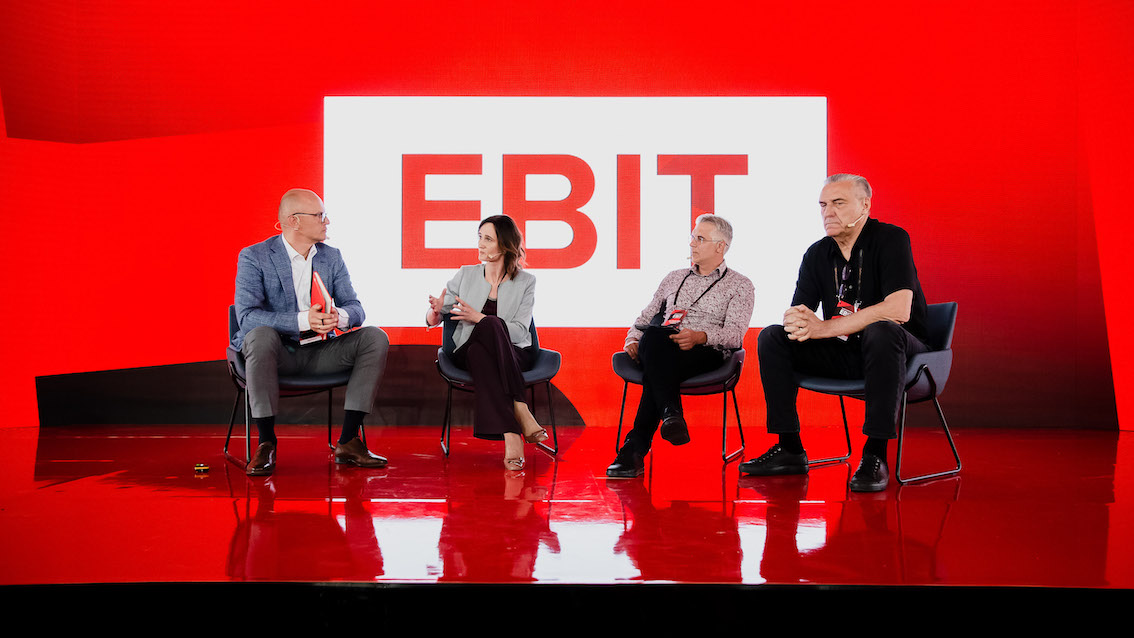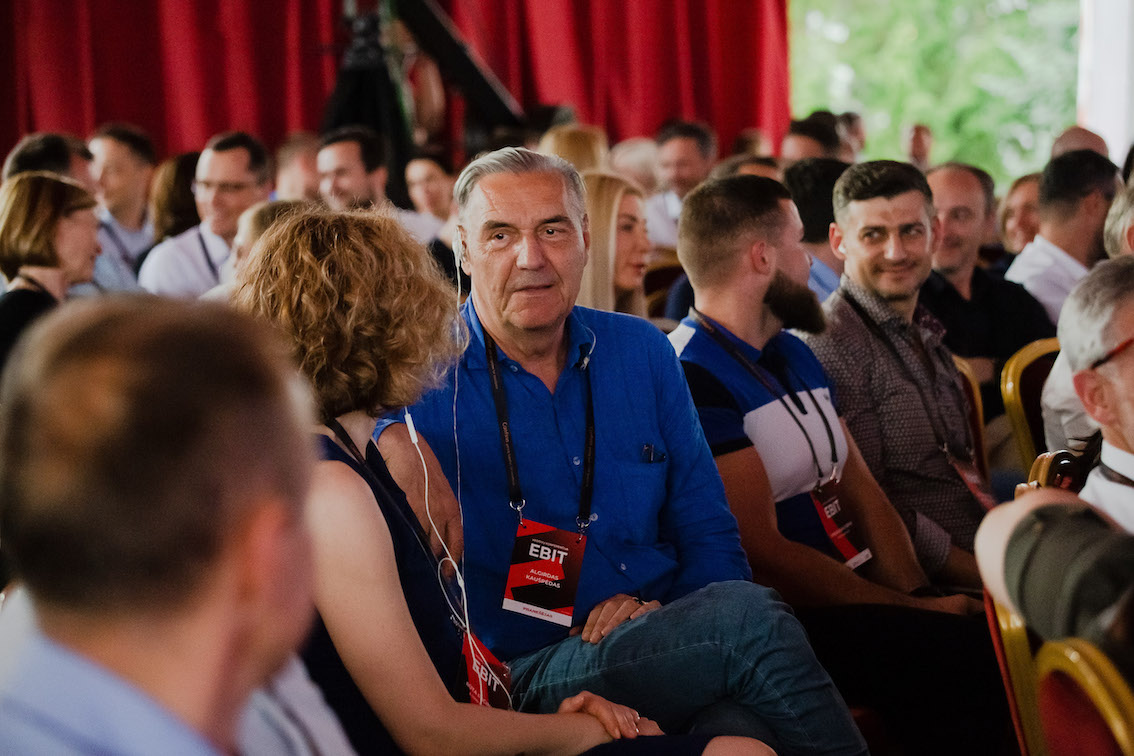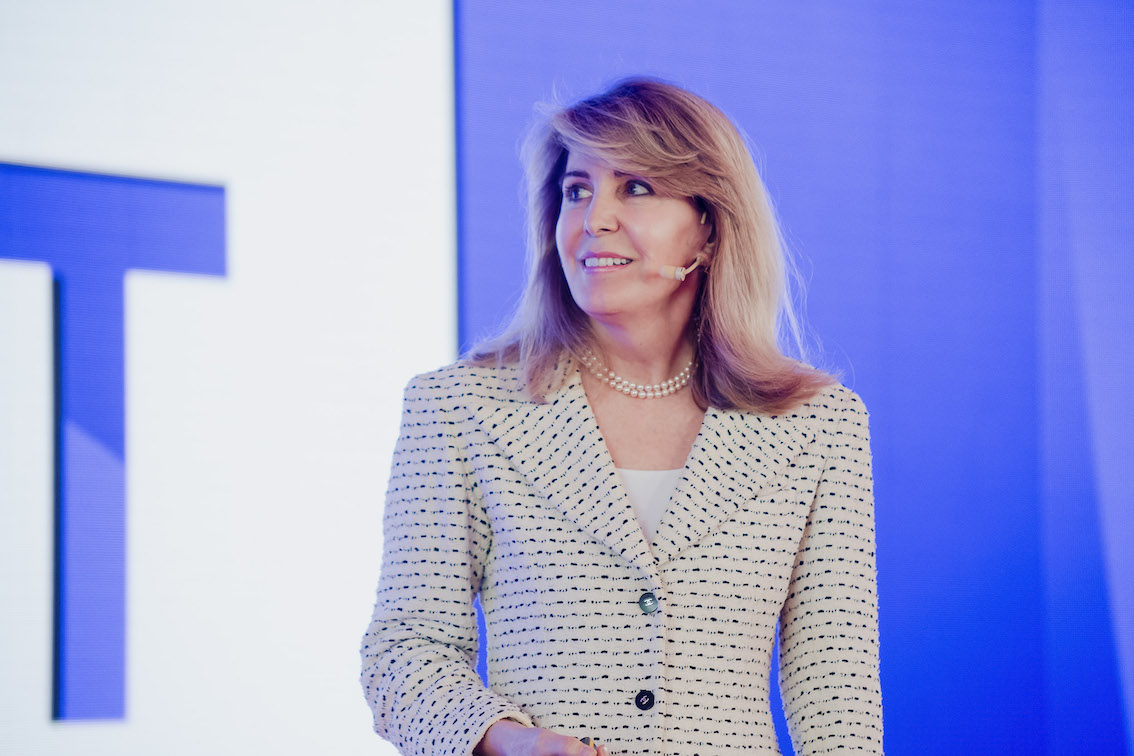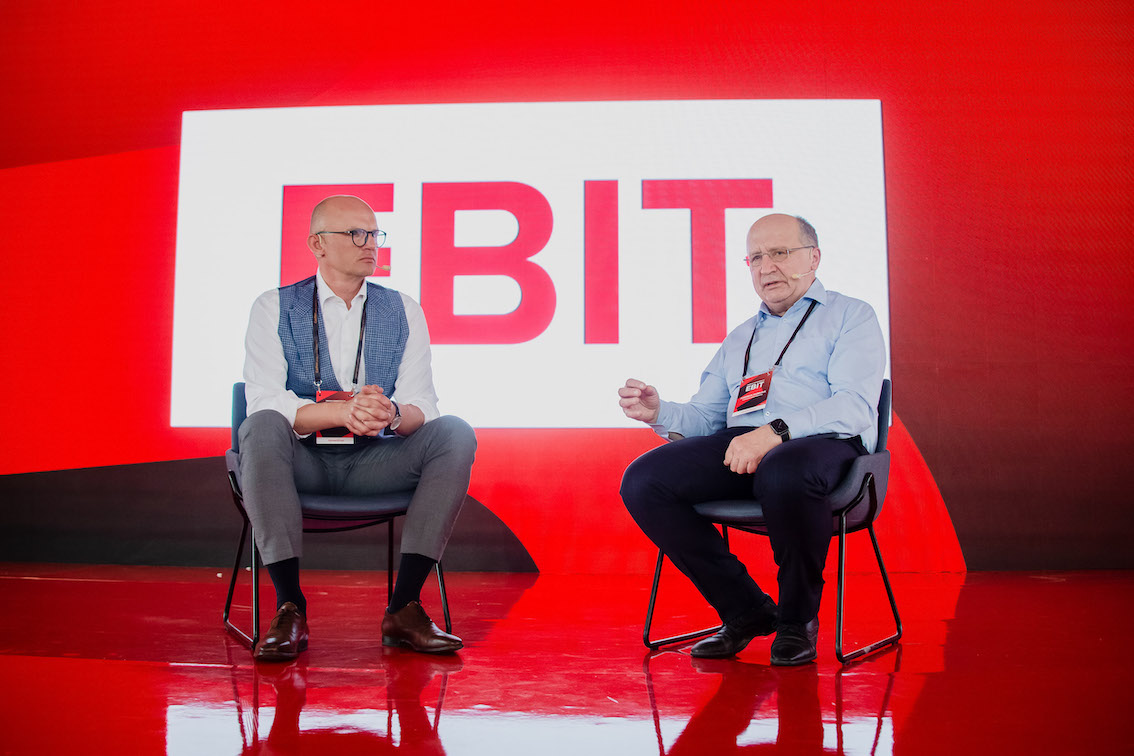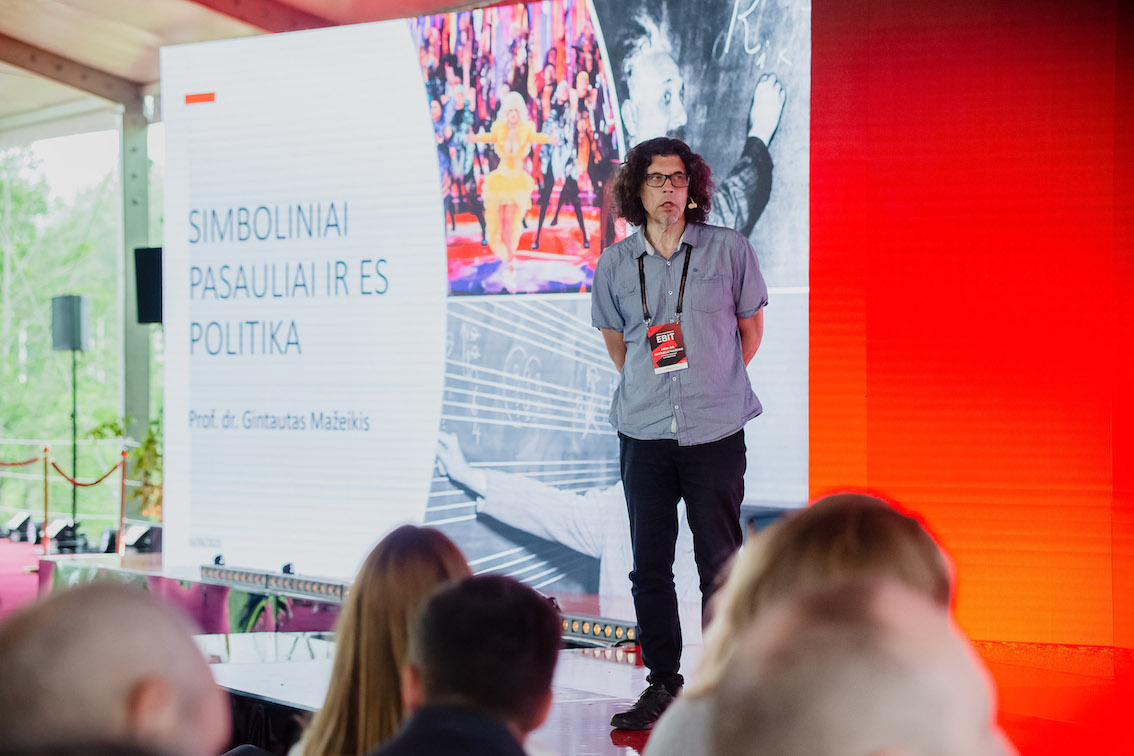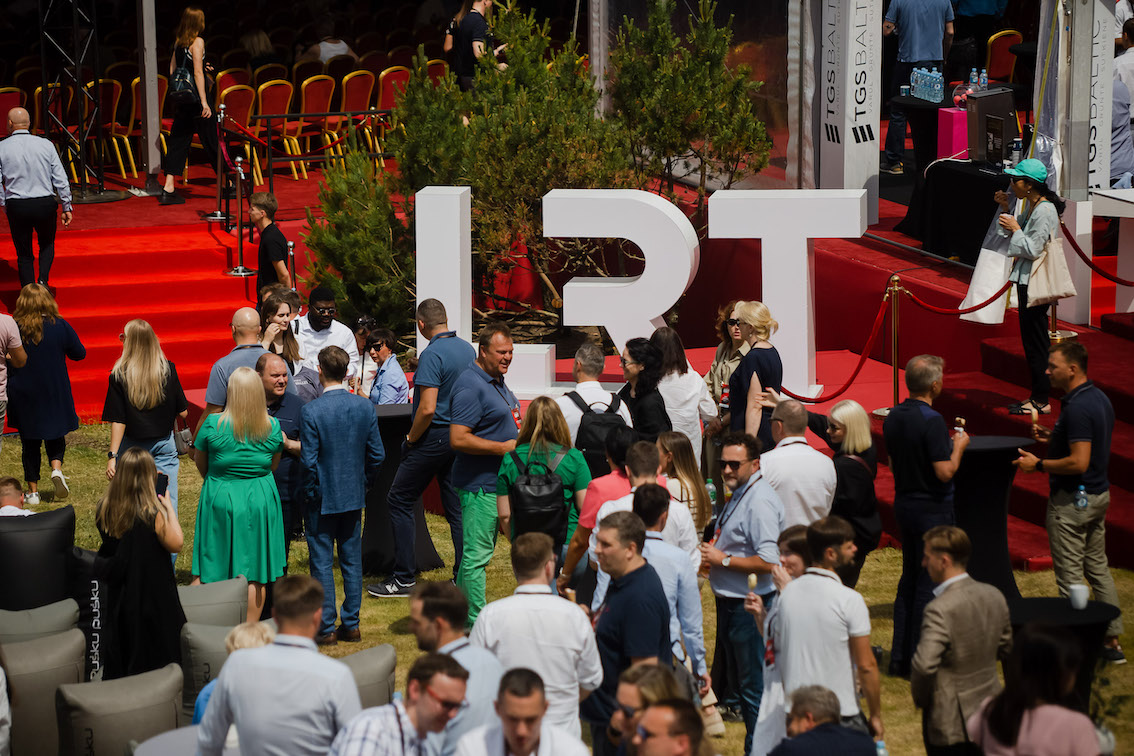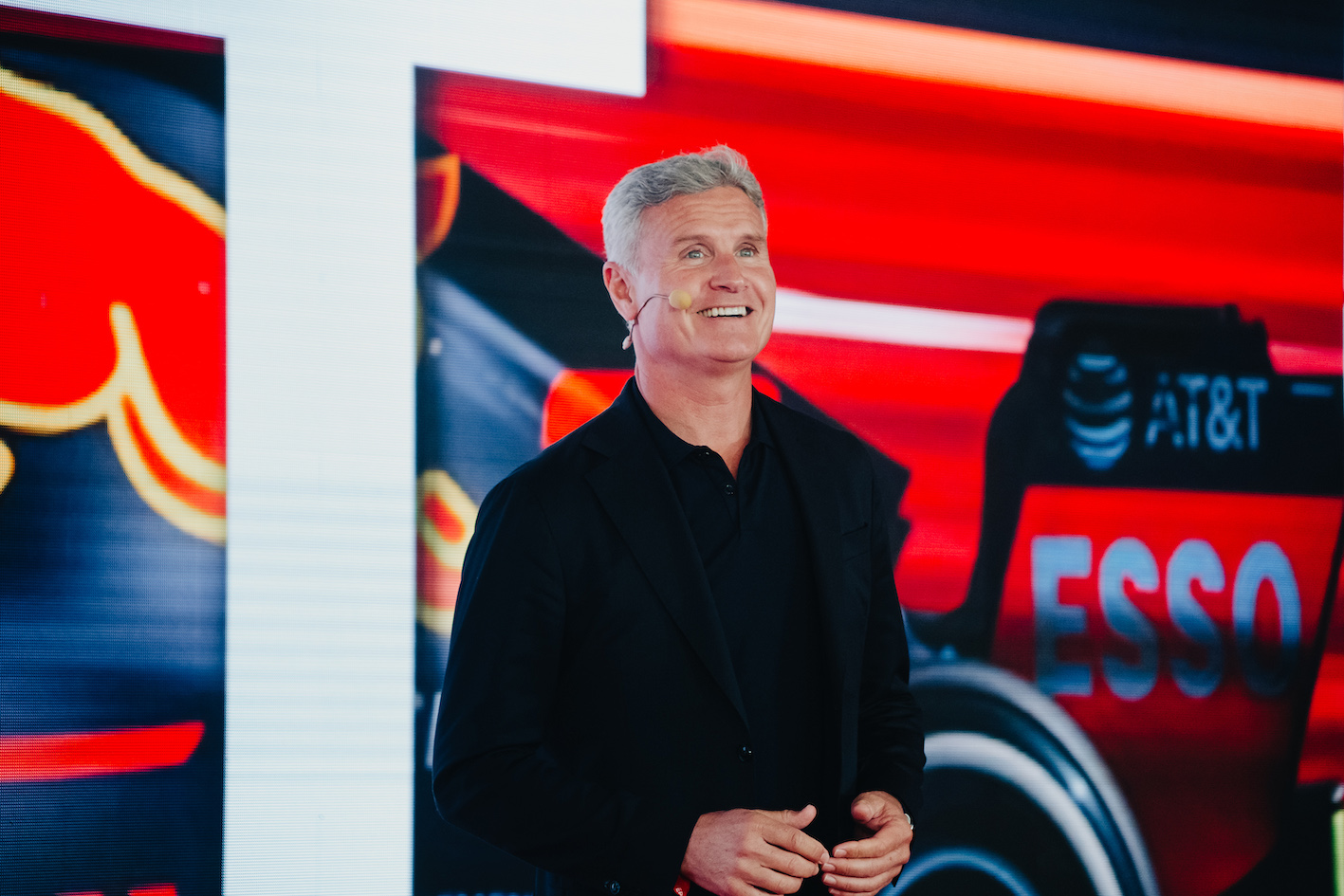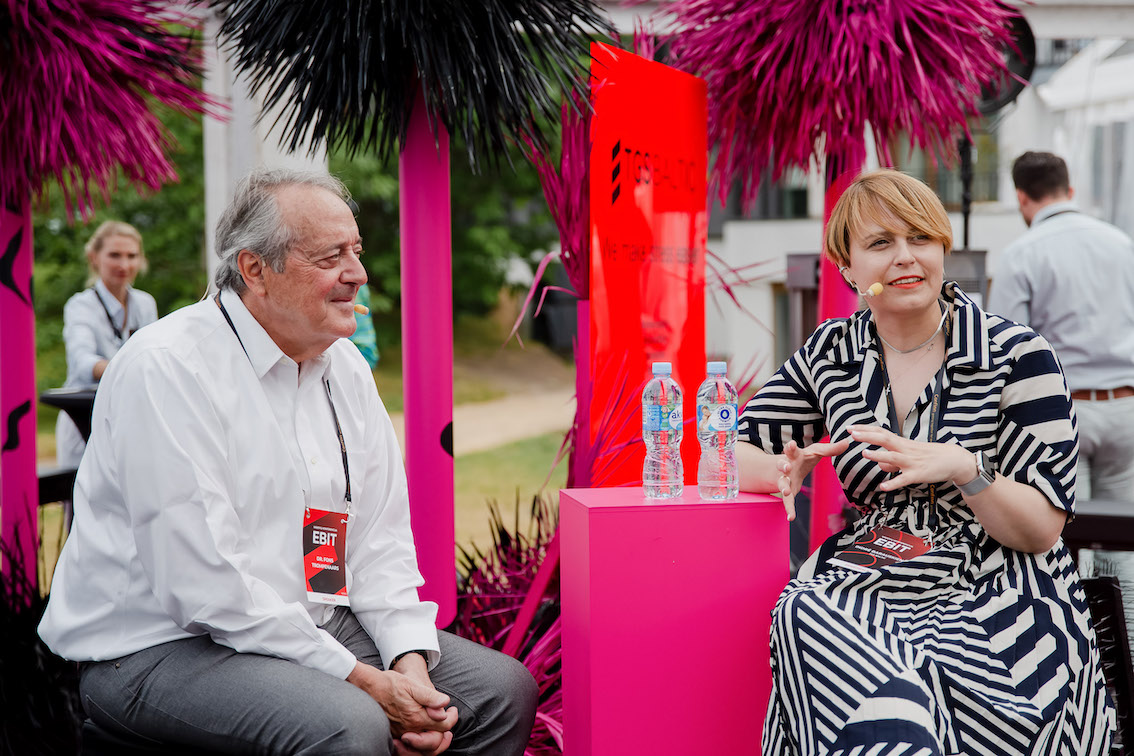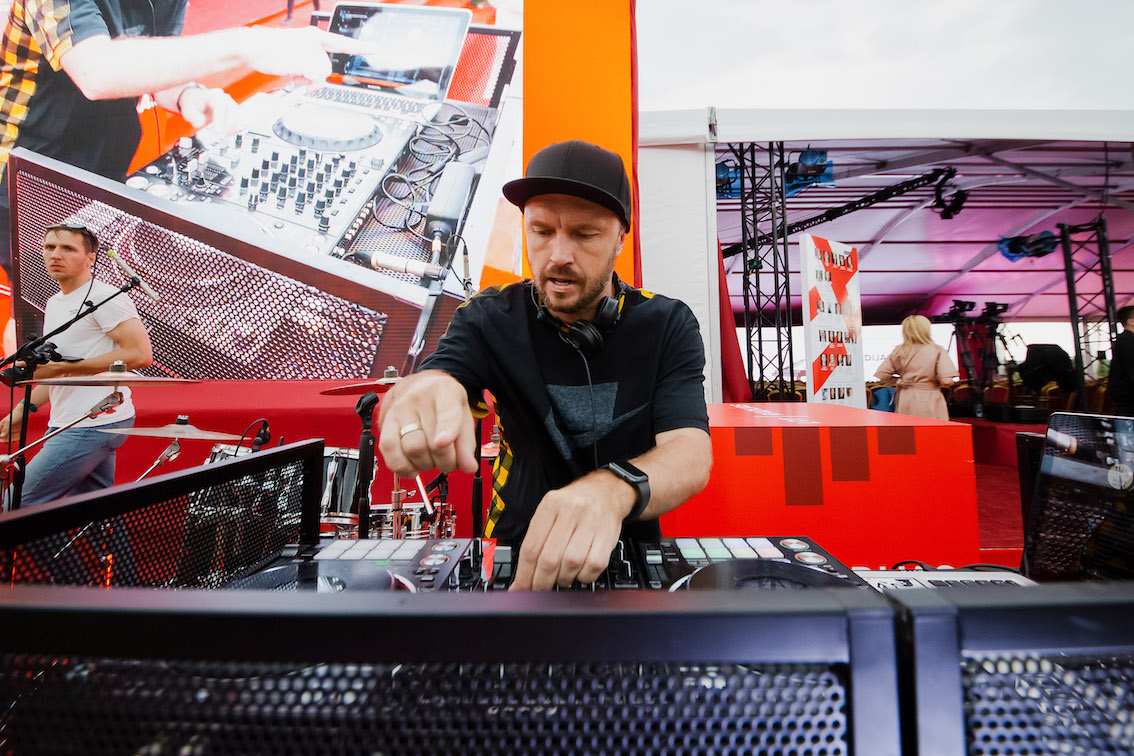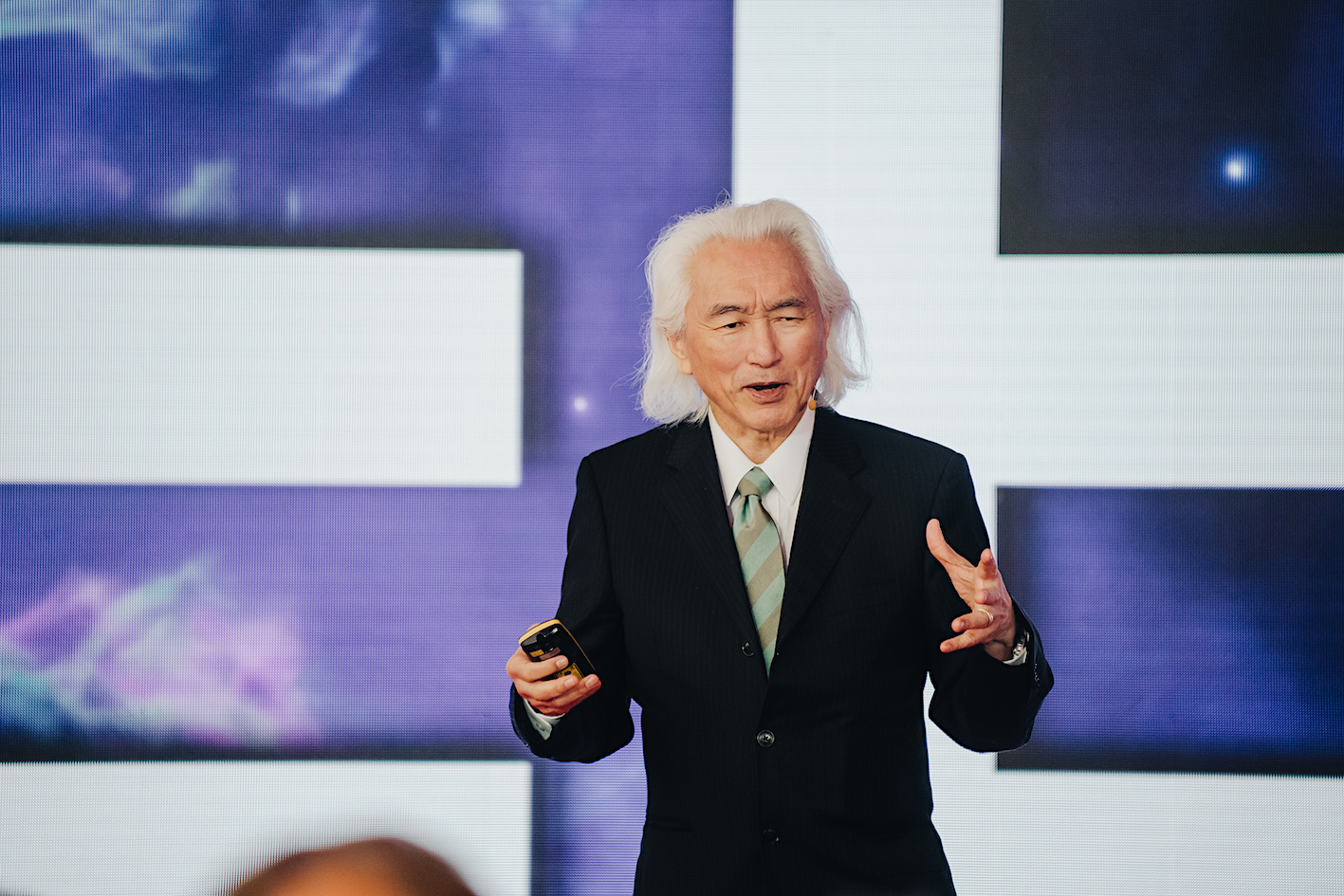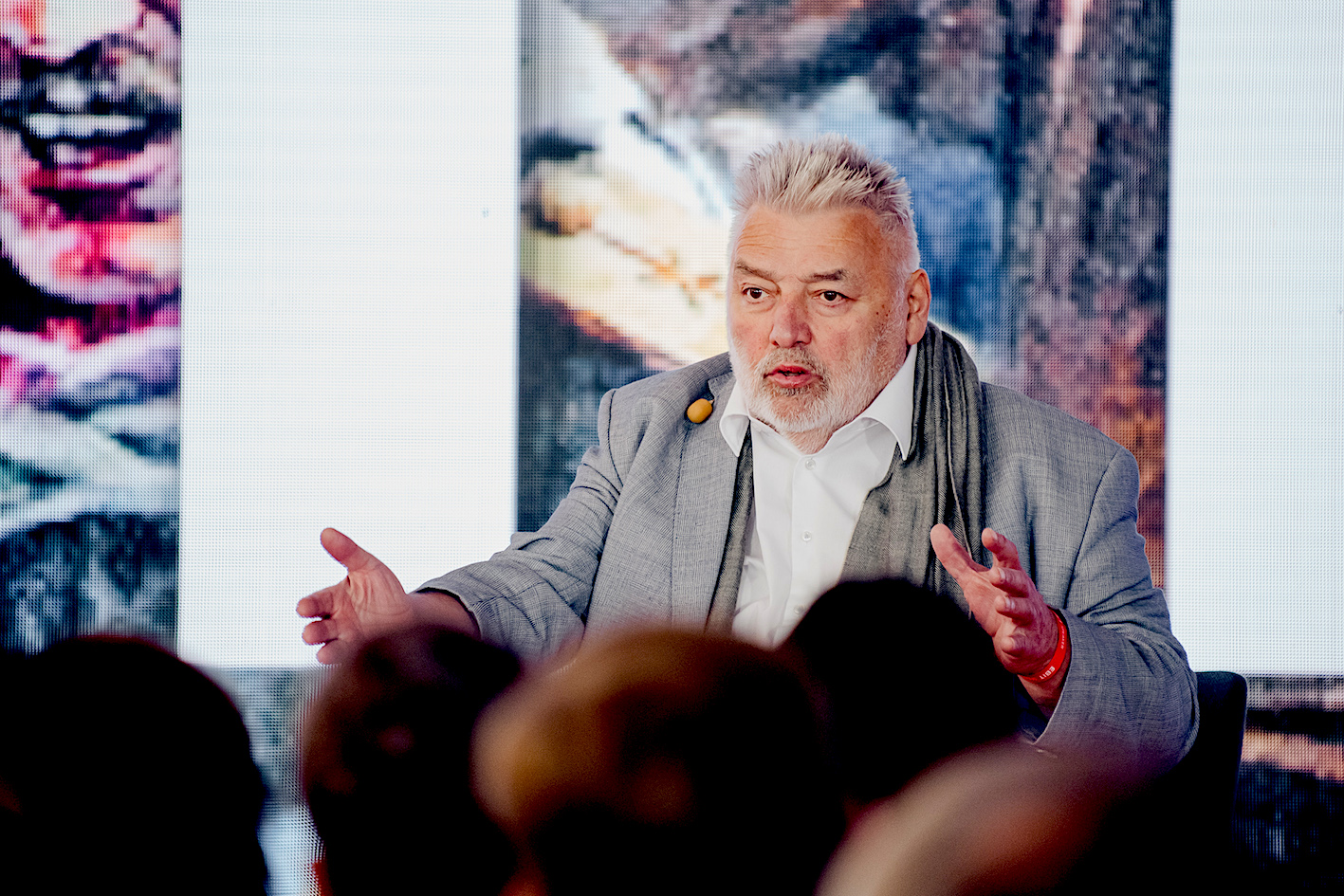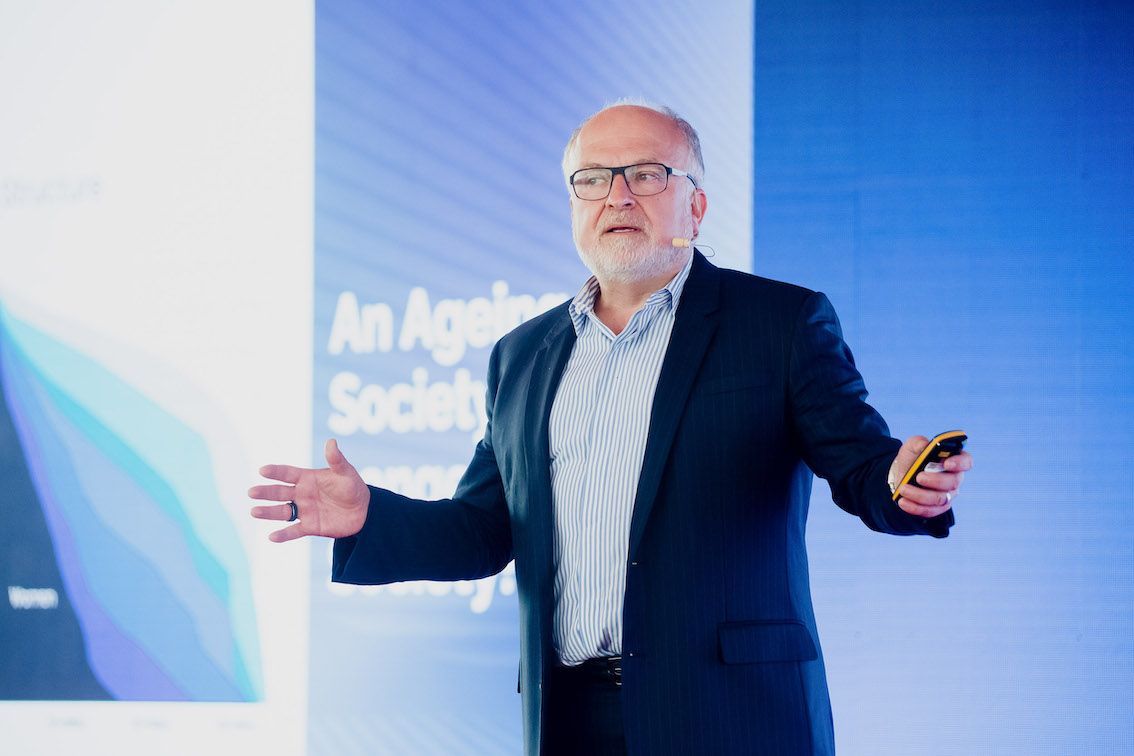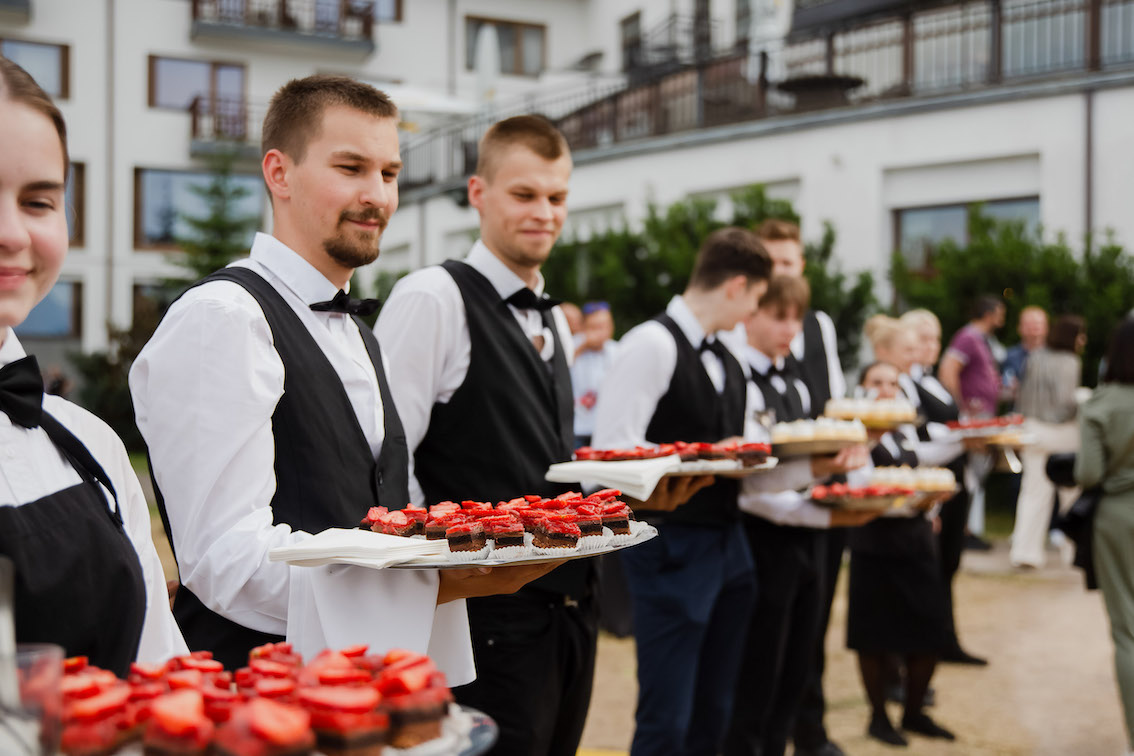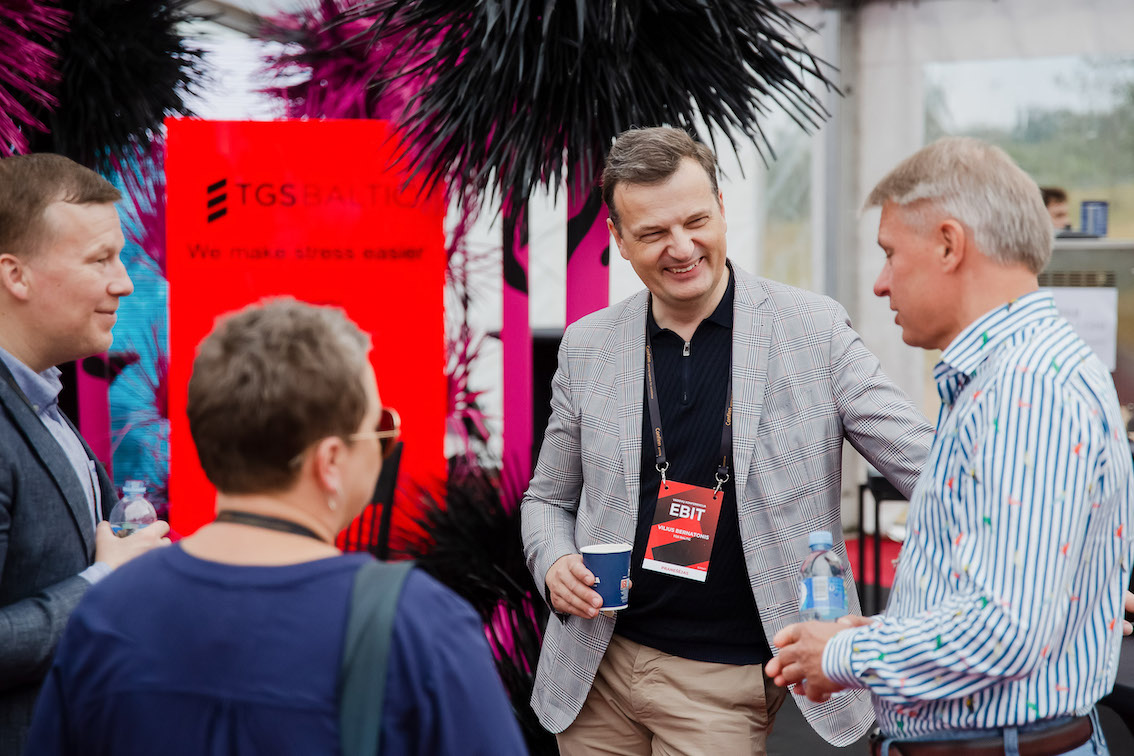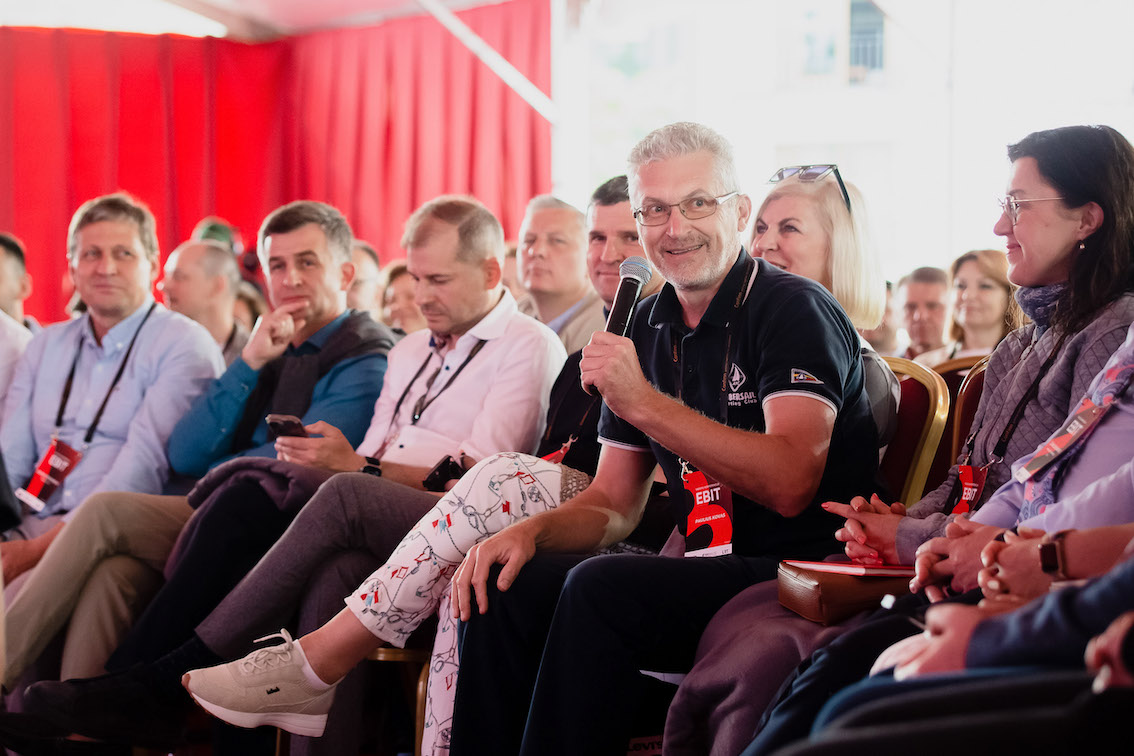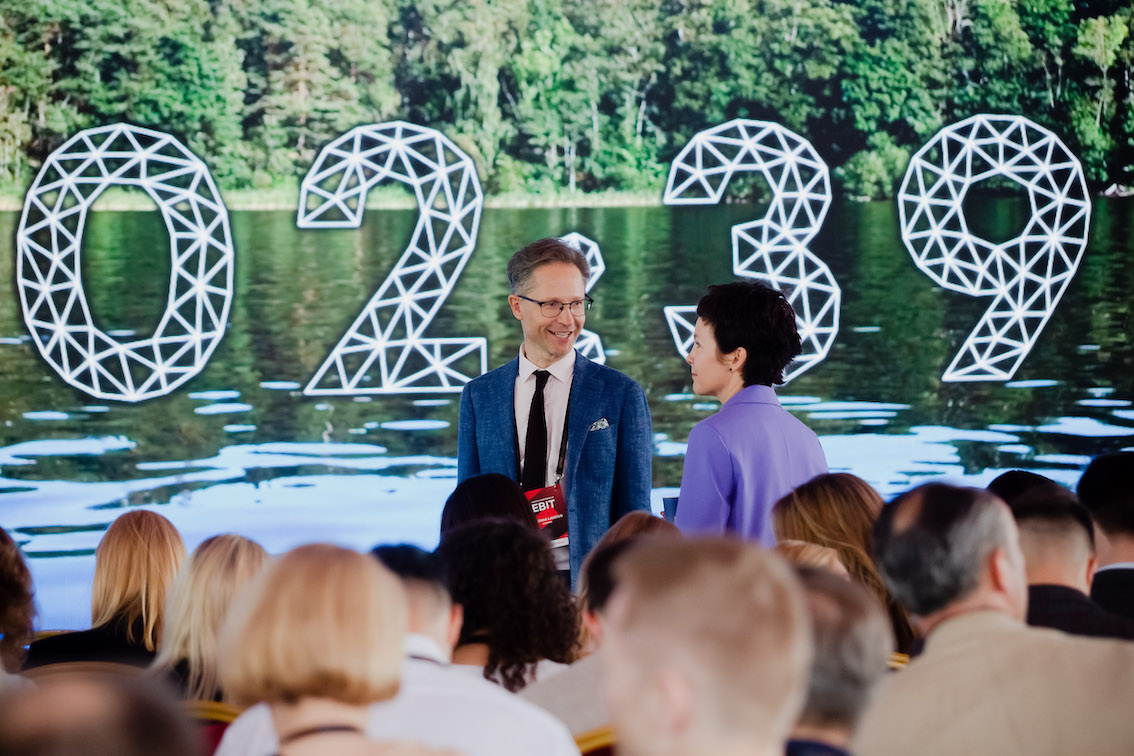Mo Gawdat
Prominent figure in AI, ex Chief Business Officer of Google |X| (‘the moonshot factory’), Chief AI Officer of Flight Story.
Being Google |X| Chief Business Officer, Mo lived at the cutting edge of technology. After more than 30 years of seeing the most secret behind the scenes of the development of artificial intelligence, Mo will invite you to delve into the questions that are usually kept silent and unspoken (?!)
Prof. Ian Goldin
Former Vice President of the World Bank, Principal Economist at the European Bank for Reconstruction and Development (EBRD) in London, Professor of Globalisation and Development at the University of Oxford
Whether we’re seized by Gutenberg or Zuckerberg; the discovery of the Americas or the rise of China; copperplate or silicon etching; the spread of syphilis or the COVID-19 pandemic— we live in a Renaissance, then and now. Luckily, it is not too late to learn the lessons of the first renaissance… but we need to hurry…
Prof. Olivier Sibony
Professor of Strategy at prestigious HEC Paris Business School and Saïd Business School in Oxford University, co-author of bestseller “Noise”
Good managers – even great ones – can make incredibly bad decisions. Research shows that 80% of the effectiveness of business decisions cannot be explained by intelligence or competence. Knowing everything that’s possible, you still won’t make perfect decisions.
Dr. Elke Geraerts
Neuroscientist, psychologist, fellow researcher at HARVARD, ST. ANDREWS, MAASTRICHT, and ROTTERDAM universities
Leadership in a stress-laden world: a neuroscientific perspective on relationships and leadership in the modern organization, be it in the context of family, business, or government…
Ari Wallach
Futurist and social systems strategist, the founder of Longpath Labs and Synthesis Corp, consulting US State Department and United Nations, others
I’m sure everyone at some point has done an off-site with a lot of Post-It notes and whiteboards, and you do a long-term plan, and then two weeks later, everyone forgets about it, focusing on today‘s challenges. How could leaders get everyone to think about the long-term, but also have short-term results?
Jamie Susskind
Twentieth-century politics was defined by a debate about how much human activity should be determined by the state, and what should be left to market forces and civil society. In this century, a new question is coming to the fore: to what extent should our lives be directed by powerful digital systems, and on what terms?
Dr. Megan Reitz
Authority on psychological safety and empowering employees to speak truth to power, professor of Ashridge Executive Education, Hult Business School, named among the Top 50 Management Thinkers in the world in 2023, Thinkers50
„I want you to tell it as it is,” „don’t beat around the bush” – familiar? How many of your employees don’t want, fear (…) to tell you the truth? Statistics are not on the manager’s side.
Gianpiero Petriglieri
Associate Professor of Organizational Behaviour at INSEAD, listed among the Top 50 Management Thinkers in the world by Thinkers50
We spend a big chunk of our lives at work and yet for most people in most places work sucks. Business do not need humanities, people do.
Ken Hughes
CX Strategist and Consumer Behavior Expert
Love is a verb: Exploring the essence of relationships and connections with employees and customers
Ken seamlessly blends his understanding of consumer behavior with cyber psychology, digital anthropology, behavioral economics, and retail futurology to elucidate the needs of today’s buyer and anticipate future changes. Recognized as the all-time best speaker at Google EMEA HQ.
H A P P I N E S S + A R T I F I C I A L I N T E L L I G E N C E
Mo
Gawdat
Prominent figure in AI, ex Chief Business Officer of Google |X| (‘the moonshot factory’), Chief AI Officer of Flight Story.
Being Google |X| Chief Business Officer, Mo lived at the cutting edge of technology. After more than 30 years of seeing the most secret behind the scenes of the development of artificial intelligence, Mo will invite you to delve into the questions that are usually kept silent and unspoken (?!)

Prof. Ian
Goldin
Former Vice President of the World Bank, Principal Economist at the European Bank for Reconstruction and Development (EBRD) in London, Professor of Globalisation and Development at the University of Oxford
Whether we’re seized by Gutenberg or Zuckerberg; the discovery of the Americas or the rise of China; copperplate or silicon etching; the spread of syphilis or the COVID-19 pandemic— we live in a Renaissance, then and now. Luckily, it is not too late to learn the lessons of the first renaissance… but we need to hurry…

q u a l i t y o f s t r a t e g i c t h i n k i n g
Prof. Olivier
Sibony
Professor of Strategy at prestigious HEC Paris Business School and Saïd Business School in Oxford University, co-author of bestseller “Noise”
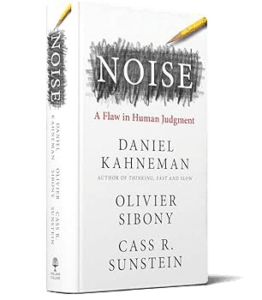 Good managers – even great ones – can make incredibly bad decisions. Research shows that 80% of the effectiveness of business decisions cannot be explained by intelligence or competence. Knowing everything that’s possible, you still won’t make perfect decisions.
Good managers – even great ones – can make incredibly bad decisions. Research shows that 80% of the effectiveness of business decisions cannot be explained by intelligence or competence. Knowing everything that’s possible, you still won’t make perfect decisions.
b e t t e r m i n d s i n b u s i n e s s
Dr. Elke
Geraerts
Neuroscientist, psychologist, fellow researcher at HARVARD, ST. ANDREWS, MAASTRICHT, and ROTTERDAM universities
Leadership in a stress-laden world: a neuroscientific perspective on relationships and leadership in the modern organization, be it in the context of family, business, or government…
s h o r t – t e r m i s m i s k i l l i n g u s
Ari
Wallach
Futurist and social systems strategist, the founder of Longpath Labs and Synthesis Corp, consulting US State Department and United Nations, others
I’m sure everyone at some point has done an off-site with a lot of Post-It notes and whiteboards, and you do a long-term plan, and then two weeks later, everyone forgets about it, focusing on today‘s challenges. How could leaders get everyone to think about the long-term, but also have short-term results?
F U T U R E O F P O L I T I C S A N D F R E E D O M
Jamie
Susskind
Twentieth-century politics was defined by a debate about how much human activity should be determined by the state, and what should be left to market forces and civil society. In this century, a new question is coming to the fore: to what extent should our lives be directed by powerful digital systems, and on what terms?
„Susskind has established himself as one of the foremost thinkers on the transformative impact of the technology revolution“
– Tony Blair, UK Prime Minister (1997 – 2007)

l e a d e r s h i p : t e c h n o c r a t o r h u m a n i s t
Gianpiero
Petriglieri
Associate Professor of Organizational Behaviour at INSEAD, listed among the Top 50 Management Thinkers in the world by Thinkers50
We spend a big chunk of our lives at work and yet for most people in most places work sucks. Business do not need humanities, people do.
S p e a k i n g t r u t h t o p o w e r
Dr. Megan
Reitz
Authority on psychological safety and empowering employees to speak truth to power, professor of Ashridge Executive Education, Hult Business School, named among the Top 50 Management Thinkers in the world in 2023, Thinkers50
„I want you to tell it as it is,” „don’t beat around the bush” – familiar? How many of your employees don’t want, fear (…) to tell you the truth? Statistics are not on the manager’s side.

C O N S U M E R & C Y B E R B E H A V I O U R
Ken
Hughes
CX Strategist and Consumer Behavior Expert
Love is a verb: Exploring the essence of relationships and connections with employees and customers
Ken seamlessly blends his understanding of consumer behavior with cyber psychology, digital anthropology, behavioral economics, and retail futurology to elucidate the needs of today’s buyer and anticipate future changes. Recognized as the all-time best speaker at Google EMEA HQ.

Mo
Gawdat
The history of artificial intelligence is a story of continuous and incredibly surpassing expectations. We never expected that artificial intelligence would master Go – the most complex strategic game on Earth. We believed that human ingenuity would keep us as the most creative force on the planet. We never thought that a computer would surpass us in forming and maintaining relationships with other people. And then… artificial intelligence passed the Turing test, and by 2049, AI will be a billion times smarter than humans.
Mo is the author of the bestseller ‘Scary Smart,’ one of the first books about the dangers of unregulated artificial intelligence and how we can resist it. ‘Times’ and ‘Sunday Times’ selected this book as one of the top 10 business books of the year.
Being Google |X| Chief Business Officer, Mo lived at the cutting edge of technology. After more than 30 years of seeing the most secret behind the scenes of the development of artificial intelligence, Mo will invite you to delve into the questions that are usually kept silent and unspoken (?!)
Google [X] is Google’s semi-secret innovation arm where Mo led the business strategy, planning, sales, business development and partnerships. [X] does not attempt to achieve incremental improvements in the way the world works, but instead, it tries to develop new technologies that will reinvent the way things are and deliver a radical, ten fold—10X—improvement.
Ian
Goldin
Now is humanity’s best moment. And our most fragile. Global health, wealth and education are booming. Scientific discovery is flourishing. But the same forces that make big gains possible for some of us deliver big losses to others-and tangle us together in ways that make everyone vulnerable.
We’ve been here before. The first Renaissance, the time of Columbus, Copernicus, Gutenberg and others, redrew all maps of the world, liberated information and shifted Western civilization from the medieval to the early modern era. Such change came at a price: social division, political extremism, economic shocks, pandemics and other unintended consequences of human endeavour.
How we can draw courage and wisdom from the last Renaissance in order to fashion our own golden age out of this New Renaissance?
Prof. Ian Goldin Professor of Globalisation and Development at the University of Oxford. he was Vice President of the World Bank, Goldin was Principal Economist at the European Bank for Reconstruction and Development (EBRD) in London. From 2006 to 2016 he was the founding Director of the Oxford Martin School and currently leads the Oxford Martin Research Programmes on Technological and Economic Change, the Future of Work, and the Future of Development.
prof. Olivier
Sibony
How does environmental noise and uncertainty impact decision-making? How can one filter out the noise and focus on what truly matters? And how does one intentionally create noise to prompt the desired decision-making outcome?
Consider yourself not just as a decision-maker but as an architect of the decision-making process. When hiring employees, the ability to solve problems, regardless of education or field of expertise, is way more crucial criterion, than intelligence or competence.
Olivier is a professor of strategy at prestigious HEC Paris Business School and the University of Oxford. With 25 years of experience at McKinsey & Company, where he served as a senior partner, he led global practices in strategy and the consumer goods and retail sectors. Olivier is also the co-author of the book ‘Noise: A Flaw in Human Judgment.’
Internationally recognized as an expert in the field, Olivier has collaborated with prominent behavioral scientists like Daniel Kahneman and cognitive scientists like Dan Lovallo. Together, they authored the 2015 article ‘Before You Make That Big Decision,’ cited by Harvard Business Review as one of the ’10 Must-Reads on Making Smart Decisions.’
Dr. Megan
Reitz
“I want you to tell it as it is,” “don’t beat around the bush” – familiar? How many of your employees don’t want, fear (…) to tell you the truth? Statistics are not on the manager’s side.
Authority on psychological safety and empowering employees to speak truth to power, professor of Ashridge Executive Education, Hult Business School, named among the Top 50 Management Thinkers in the world in 2023, Thinkers50
Ari
Wallach
I’ve been a futurist for about 20 years, and when I first started, I would sit down with people, and say, „Hey, let’s talk 10, 20 years out.” And they’d say, „Great.” And I’ve been seeing that time horizon get shorter and shorter and shorter, so much so that I met with a CEO two months ago and he „I love what you do. I want to talk about the next six months.”
We have a lot of problems that we are facing. The issue though is, we can’t solve them using the mental models that we use right now to try and solve these problems. We love talking about long-term perspectives; however, we ten to hook onto unsignificant routine tasks. „Short-termism.” Right?
Ari Wallach is a futurist and social systems strategist. He is the founder and Executive Director of Longpath Labs, an initiative focused on bringing long-term thinking and coordinated behavior to the individual, organizational, and societal realms in order to ensure humanity flourishes for centuries to come. Ari is the author of Longpath: Becoming the Great Ancestors Our Future Needs by HarperOne. Wallach is also the founder and CEO of Synthesis Corp., a New York-based strategic innovation consultancy whose clients included CNN, Volkswagen Global, The UN Refugee Agency and the US State Department.
Gianpiero
Petriglieri
F**k Technocrats!? An Invitation to Humanize Organizations
We spend a big chunk of our lives at work and yet for most people in most places work sucks. The modern workplace is chewing people up and spitting them out. Few win, many lose. The workplace is the fifth leading cause of death in the US. Your manager has a bigger influence on your wellbeing than your spouse or family. How can we build organizations that are not captive to bureaucratic games and where employees don’t feel like hostages?
Gianpiero Petriglieri is Associate Professor of Organisational Behaviour at INSEAD and an expert on leadership and learning in the workplace.
His award-winning research and teaching focus on what it means, and what it takes, to become a leader. He is particularly interested in the development and practice of leadership in the age of “nomadic professionalism,” an age in which people have deep bonds to work but loose affiliations to organizations, and authenticity and mobility have replaced loyalty and advancement as hallmarks of virtue and success. All his work aspires to humanise leadership in this age, that is, to help leaders be grounded as well as as adaptable, sustainable as well as effective, purposeful as well as portable. That work has earned him a spot among the 50 most influential management thinkers in the world.
Dr. Elke
Geraerts
Leadership in a stress-laden world: a neuroscientific perspective on relationships and leadership in the modern organization, be it in the context of family, business, or government…
Neuroscientist, psychologist, fellow researcher at HARVARD, ST. ANDREWS, MAASTRICHT, and ROTTERDAM universities
Boundless curiosity and a passion for people – this perhaps best describes Elke. This unique combination quickly led to a flourishing academic career. With a PhD in psychology, Elke held various positions at the universities of Harvard, St Andrews, Maastricht and Rotterdam, where she attracted international attention with her solid research work. She currently holds a professorship at Ghent University. Triggered by her scientific insights on mental resilience, she founded the company Better Minds at Work. This international consultancy company focuses on improving mental resilience, leadership and talent of employees and now consists of more than seventy psychologists, doctors and consultants.
Her big breakthrough came with her bestseller Mentaal Kapitaal (Mental Capital; 2015). This book, which is now in its fifteenth edition, was recently launched on the international market in English under the title Better Minds and in Chinese 好主意. She also wrote the books The New Mental, Authentic Intelligence and The Mental Reset. She will be launching a new book in August 2024, Focus is the New Gold.
Jamie
Susskind
Have you ever ridden a bus without paying for a ticket? Have you ever illegally downloaded a movie or song? Have you ever paid repaired „without invoice“? Have you ever ordered more than you can eat at a hotel breakfast buffet, only to take it with you?
Three-quarters of people claim to have done at least one of these things. Not because they’re greedy, but because given their free will, and perhaps operating on the fringes of the law, from time to time people choose to do something… wrong.
Now imagine another scenario. You ask a self-driving car to exceed the speed limit, the car refuses. You ask it to stop briefly at an unauthorized place, only to pick up your wife who is carrying groceries, the car refuses. You are being chased by a police car with lights on and for some reason you don’t want to stop, the car ignores your wishes and stops. It sounds to be right, a? And, yet, something does not sound right, a?
Who has the power to decide? How much free choice does a person have? What is the future of democracy, politics and society?
Jamie Susskind is a barrister and the bestselling author of „The Digital Republic: On Freedom and Democracy in the 21st Century „(Bloomsbury 2022) and the award-winning „Future Politics: Living Together in a World Transformed by Tech“ (Oxford, 2018), an Evening Standard and Prospect Book of the Year. Future Politics was awarded the 2019 Estoril Global Issues Distinguished Book Prize.
Mehran
Gul
Mehran Gul analizuoja naujausias inovacijų bangas, kuomet tolstame nuo sistemos, kurioje dauguma inovacijų gimsta JAV ir surenkama Kinijoje, prie sistemos, kurioje milijardų dolerių vertės įmonės „dygsta“ tokiose valstybėse kaip Kinija, Izraelis, Pietų Korėja, Singapūras ar žemyninė Europa, o inovacijos tampa daug globalesniu žaidimu.
Vietos, kuriose inovacijos gims ateityje, labai skirsis nuo tų, kur naujovės atsirado praeityje. Tai taip pat reiškia, kad pamatysime įvairius požiūrius į technologijas. Tarkime, AI paremtos technologijos iš JAV skirsis nuo panašių technologijų, kilusių Kinijoje ar Izraelyje. Jose atsispindės šalių kultūra ir įsitikinimai, kaip ir su, pvz., automobiliais: vokiški (kaip ir vokiečiai) žinomi kaip patikimi ir praktiški, tuo tarpu itališki (kaip ir italai) niekam nenusileidžia savo dizainu.
Ką daro technologijų ir verslumo hub‘ai visame pasaulyje, kad galėtų konkuruoti su labiau įsitvirtinusiais varžovais? Kaip nauji įveikia senus, maži – didelius, silpni – stiprius?
Mehran Gul šiuo metu rašo knygą „The New Geography of Innovation“, kurioje aprašomas technologijų ekosistemų augimas už JAV ribų. Knyga paremta esė, kuri laimėjo Financial Times / McKinsey Bracken Bower premiją. Anksčiau jis yra dirbęs Pasaulio ekonomikos forume ir Jungtinėje nacionalinėje pramonės plėtros organizacijoje (UNIDO).
Ken
Hughes
Love is a verb: Exploring the essence of relationships and connections with employees and customers
Ken seamlessly blends his understanding of consumer behavior with cyber psychology, digital anthropology, behavioral economics, and retail futurology to elucidate the needs of today’s buyer and anticipate future changes. Recognized as the all-time best speaker at Google EMEA HQ.
Business summit
moments
Business summit
moments
The management conference EBIT could become a Think Tank of the business elite.
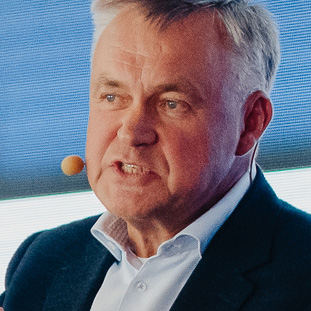
Robertas Dargis
So many insights into where our world is headed.
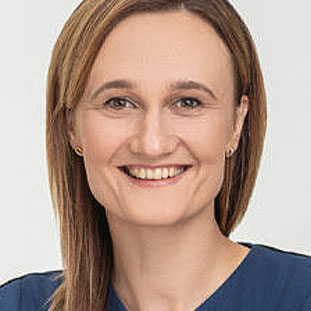
Viktorija Čmilytė-Nielsen
A unique opportunity to exercise your brain with other people's fantastic ideas.
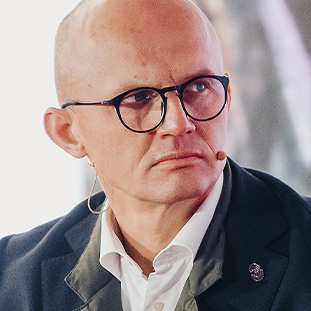
Edmundas Jakilaitis
There are no better conferences in Lithuania. I see what the organizers do and that high standard fascinates me.
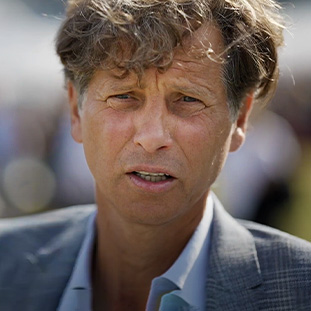
Darius Mockus
EBIT is a mirror: what our society is like, what our leaders are like, how we know how to continue the polylogue.
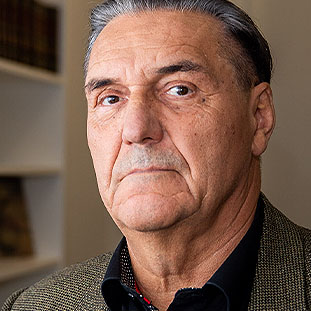
Algirdas Kaušpėdas
The EBIT conference is a unique thing (...) to pause and see wider horizons - it's good that EBIT is trying to fill that.
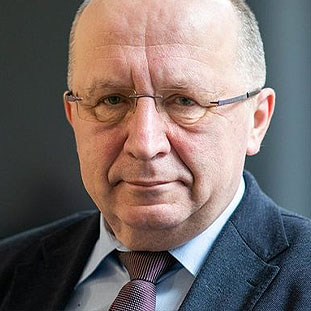
Andrius Kubilius
Dynamics, speed, lots of information and different people.
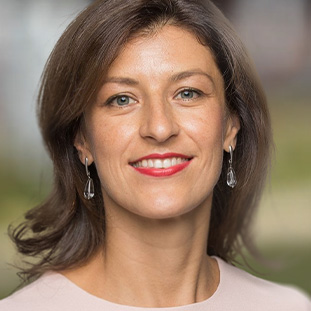
Aurelija Kazlauskienė
EBIT - a traditional gathering of the business community, followed by a motivational wave.
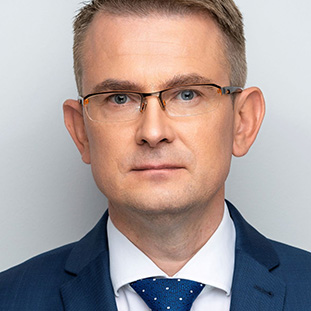
Dr. Arūnas Dulkys
When I go to EBIT, I always get more questions than answers, but maybe that's okay... it's a powerful force.
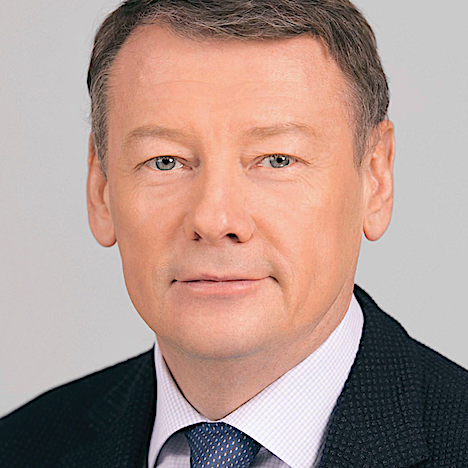
Vidmantas Janulevičius
This is a safe space for managers to talk not only about their achievements, but also about what excites or hurts them.

Lina Mieliauskienė
It's always better to learn and prepare for whatever life throws at you sooner rather than later. That's what EBIT is all about for me!!
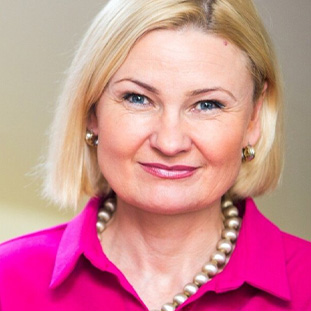
Rūta Vainienė
A great space for those who want to see more contexts beyond the domestic world, to discover more links and connections.
